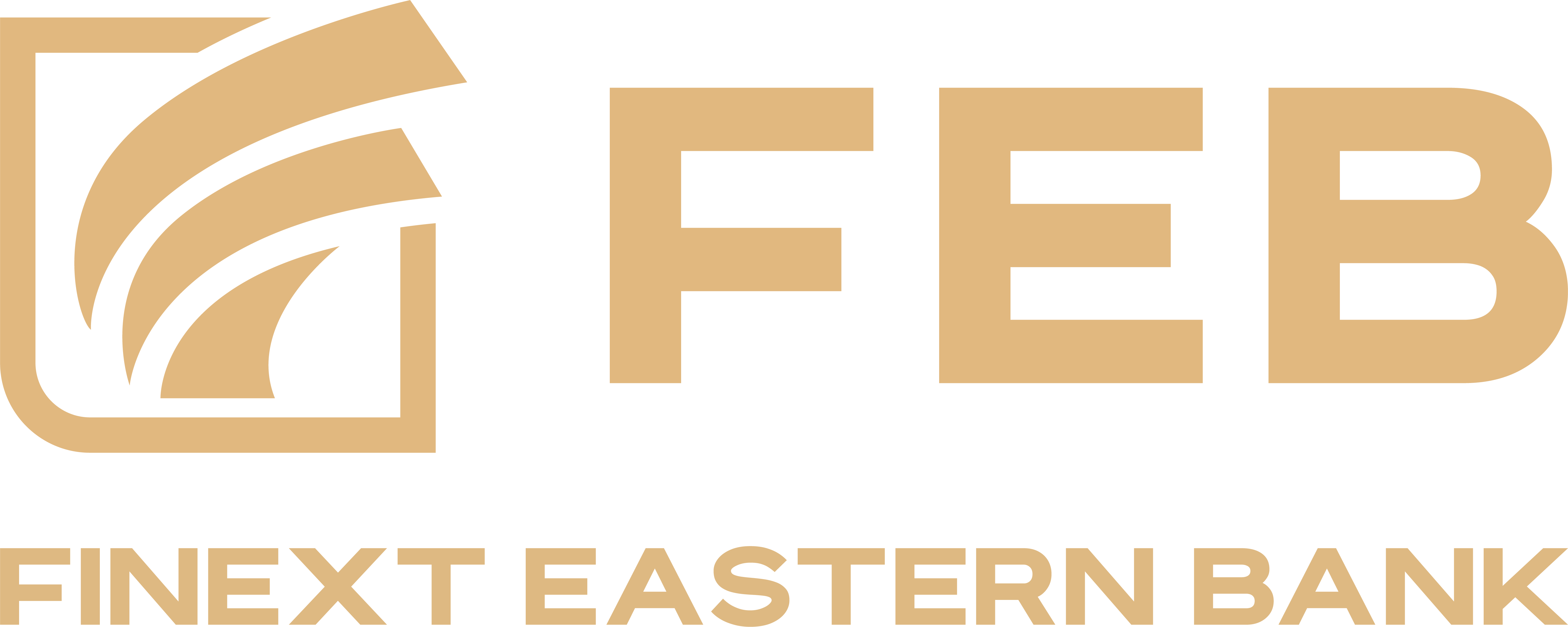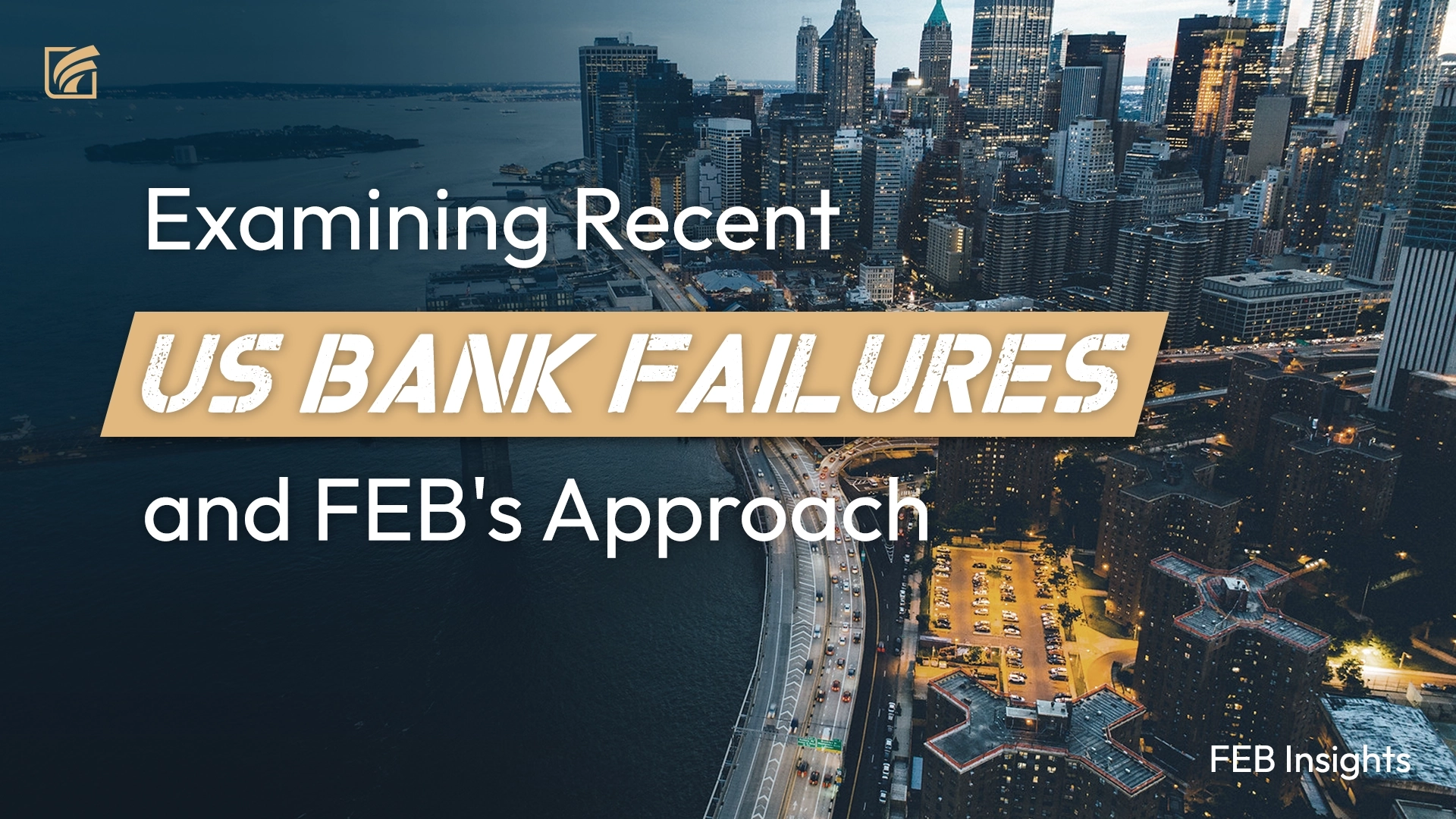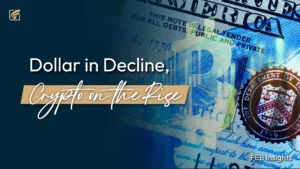In March 2023, the US banking industry faced a significant challenge as the third-largest bank failure in US history shook the sector. Silicon Valley Bank (SVB), Signature Bank, and Credit Suisse were some of the notable banks impacted by the event. Despite some concerns that cryptocurrency might have caused the collapse, the broader instability in the banking system was ultimately mitigated with the help of central banks and major players in the industry.
Here is an examination of recent events. On Friday, March 10, the Federal Deposit Insurance Corporation (FDIC) took control of SVB, marking the biggest banking collapse in America since Washington Mutual in 2008. SVB had taken a multibillion-dollar loss cashing out US government bonds to raise money to pay depositors, and failed to sell shares to shore up its finances, triggering a panic that led to its downfall.
This event sparked a domino effect, as customers of Signature Bank began withdrawing their deposits, leading to its shutdown on Sunday, March 12. First Republic Bank was also on the brink of collapse, but was rescued by a group of American lenders depositing tens of billions of dollars of cash. In the midst of all this, Credit Suisse’s shares collapsed by as much as 30%, leading Swiss authorities to announce a backstop for the bank, and ultimately resulting in Switzerland’s biggest bank, UBS, agreeing to buy its ailing rival Credit Suisse in an emergency rescue deal on Sunday, March 19.
While each bank failed for slightly different reasons, they all had a high concentration of uninsured deposits covered by a mix of long-dated Treasury bonds and mortgage-backed securities purchased at a time when interest rates were historically low. When the Federal Reserve Board increased the interest rates faster than it had in more than 40 years, it created a mismatch in liabilities and assets. In short, the banking crisis was triggered by bad risk management practices around deposit management and interest rates.
In contrast, transactional banks like Finext Eastern Bank, gives people free, simple access to their money whenever they need it. We specialise in handling daily financial operations like bill payments, debit card use, and deposit accounts.
Due to our focus on low-risk transactions and strong regulatory scrutiny, transactional banks are typically less risky than non-transactional banks. We do not concentrate on sophisticated and high-value investment products, and do not run the risk of a bank run because all the money in customers’ accounts is accounted for.
However, it is important to note that the existence of both types of banks is necessary for the health of the financial ecosystem as a whole, and each type can offer value to its clients based on those clients’ particular requirements and preferences.
To diversify our bank’s products and offer additional security, it has always been on our roadmap to expand the variety of stablecoin options available on our platform to provide customers with greater flexibility in selecting stablecoins based on their individual preferences or the stability of a pegged currency. Recent events, such as the brief depegging of USDC, have highlighted the importance of offering a wider range of stablecoin options to meet customers’ needs. To this end, FEB is actively exploring the possibility of adding Eurocoin to its stablecoin offerings in the near future, subject to thorough evaluation of the coin’s stability and suitability for the platform. FEB will only select stablecoins that meet its strict criteria for security, transparency, and regulatory compliance, and will keep its customers informed of any new developments in this area.
FEB believes that education is the key to empowering its clients and helping them make informed decisions. Therefore, we are dedicated to producing more articles that explore the intricacies of stablecoins to ensure our customers have a solid understanding of these digital assets and their implications. If you have any questions or require a more detailed explanation, feel free to contact us at [email protected].






